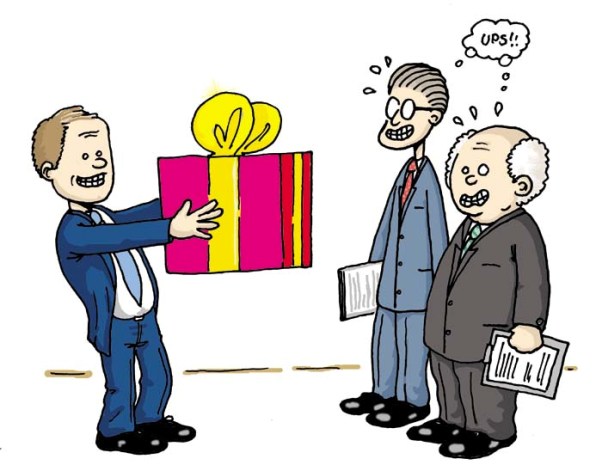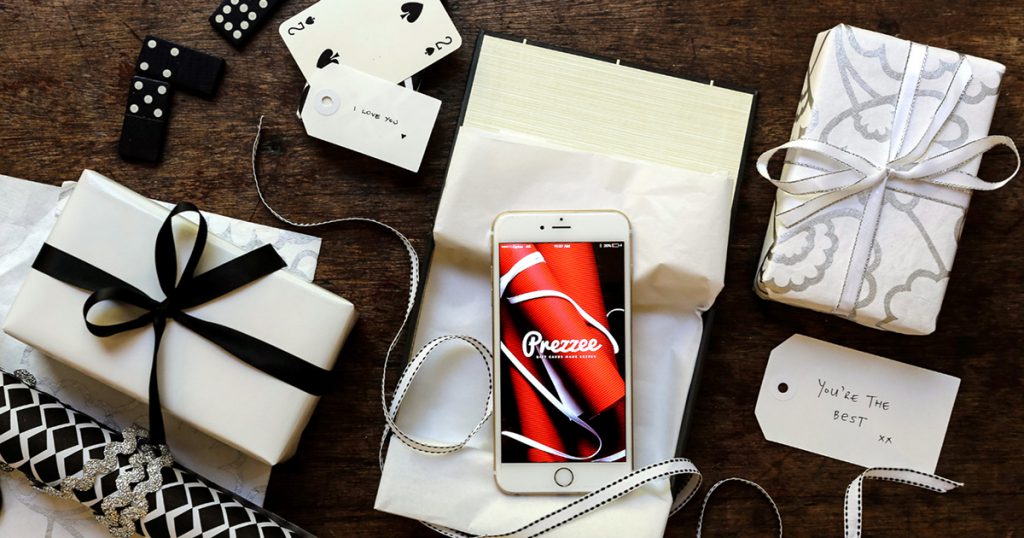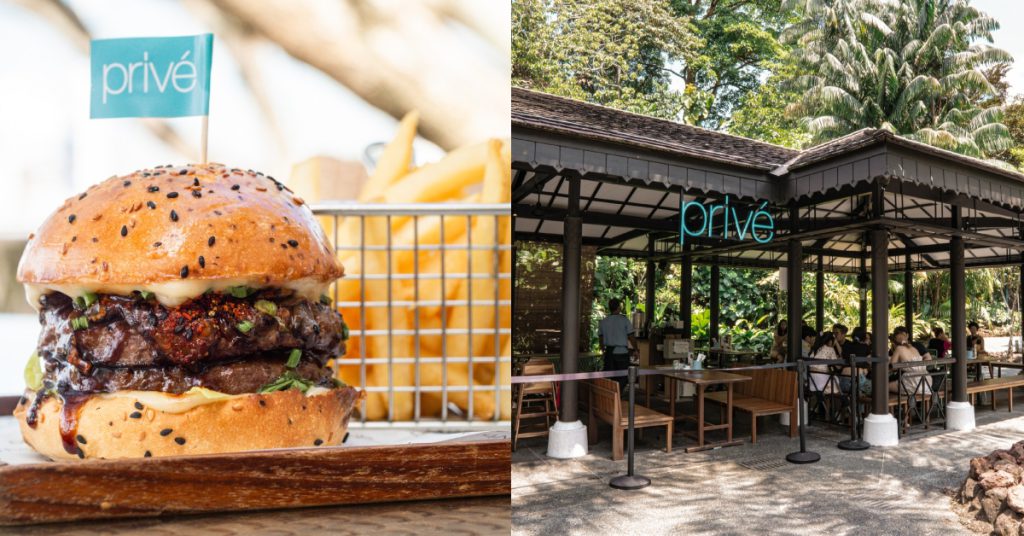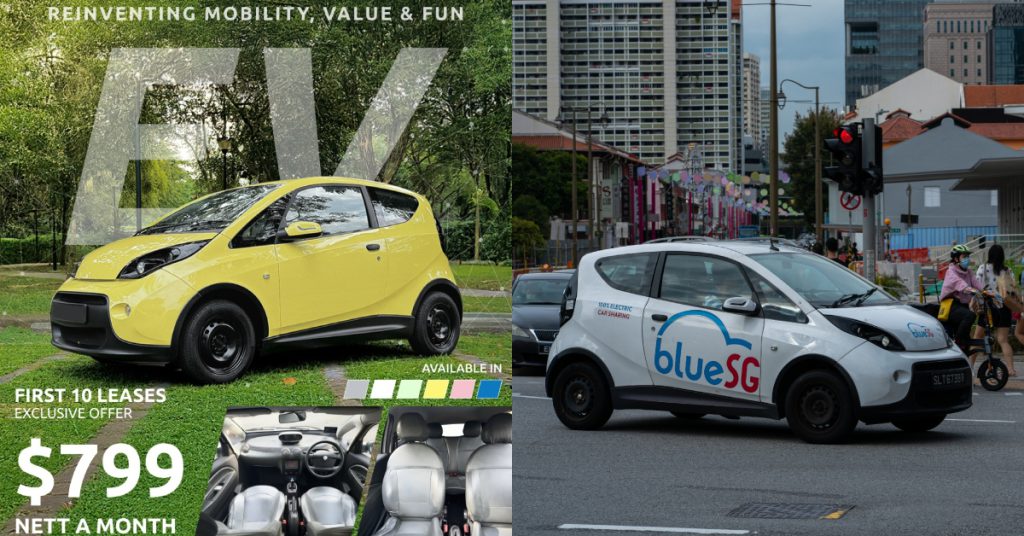Blogging was, and still is, big business in Singapore.
While talking purely about your feelings won’t bring in the sponsors, featuring eateries, products, and even travel destinations will.
The term ‘influencers’ is sometimes used interchangeably with the ‘blogger’ title, and this mainly refers to these individuals’ ability to influence consumer decisions.
Thus, companies see the engagement of these bloggers as a very viable option of promoting their brand without coming off as ‘hard sell’ as how a full-blown advertisement would have.
Bloggers are also getting the benefits of this arrangement – not simply from the fees in their engagement, but also the little perks here and there that come with it.
Most companies require any gifts from guests or clients to be declared and valued, but what about for a self-employment model like a blogger’s?
Back in March, we published an article about several local bloggers revealing that they received a letter from the Inland Revenue Authority of Singapore (IRAS), that required them to clarify their income sources.

According to the online statement:
“Payments in exchange for services performed by social media influencers such as bloggers, YouTubers, etc. can take the form of money, goods or services. All monetary and non monetary payments / benefits-in-kind are taxable if they are given in return for services rendered or to be rendered by you. Any benefits whether monetary or in-kind provided to your family and friends will be taxable in your name.”
This, of course, brought about some backlash from bloggers, one of whom even said that it might “kill the whole blogging industry”.
Another mentioned that “We have come to a point when a channel of expression is taxable”.
However, this doesn’t mean that your review of that hipster cafe on your Instagram would be taxed – the rule will only apply if you run the blog as a business entity.
Basically, if you’re getting a good amount of your personal income from it, you would most likely need to abide by these rules.
Today, an update on the ruling has come from IRAS, declaring that all perks (products and/or services) worth more than $100 must now be declared.
According to the report, IRAS has “come to a consensus with social media management companies and bloggers on the conditions under which such ‘non-monetary benefits in kind’ have to be declared as part of their taxable income”.
While some have welcomed the clarification, some have also voiced the possible challenges that both IRAS and bloggers themselves can face.
Daniel Ang, founder of food review blog DanielFoodDiary brought up that bloggers would need to take extra effort in tracking their gifts – some of which can be tricky to value.
Said Ang, “The value of some things can also be intangible – for example, an autographed CD. How do we value that?”
Jill Lim from audit, tax and consulting giant Deloitte Singapore also mentioned that IRAS would potentially run into problems when tracking the gifts given to smaller-time bloggers.
How Feasible Will It Be?

Coming from a corporate background, I can fully vouch for the complicated, and at times, completely impossible process of determining if a gift is above or below a certain value.
Even by giving the option that those with engravings, autographs or any demarkation that won’t be found on the similar product sold on the market can be declared to be as ‘without any monetary value’, scouring shops and the internet in search for its value is still a tricky business that demands for many factors to be taken into consideration.
Was it bought at bulk price? What if it’s an unreleased product? What if the product is already off the shelves?
While it’s reasonable enough that these benefits to bloggers be treated like how the same ones to companies are, accurately gauging of a product/service’s monetary value is nonetheless still an enigma.
Regardless, there really is no such thing as a free lunch in the world, and the implementation of taxes on these gifts might satisfy those who think bloggers are simply extremely lucky people who get free stuff all the time.
How feasible do you think this ruling is? Let us know!
Feature Image Credit: mensfashionblogger.com














